
The business world can be full of jargon and terms that we have never heard before. In the News Bites Business Dictionary, we break these terms down into simple explanations, so you can talk the talk.
ANGEL INVESTORS

When a small business wants to grow bigger, it can cost a lot of money to develop new products, ?nd new customers, hire new sta? and build new facilities.
An angel investor is a wealthy person who gives money to new and small businesses to help them grow. In exchange for their money, angel investors usually own part of the business.
They hope that by investing in a successful business, over time they will make a pro?t on the value of the share of the business they own.
Have you ever seen or heard of the television programme Dragons' Den? In this show, small business owners tell four angel investors about their businesses and how they think they can grow bigger. The investors decide which business to give their money to.
The angel investors on the show are hard to please and they can give very harsh feedback. That’s why they’re called dragons!
GOING PUBLIC

Most businesses start out as private companies. That means that they are owned by a small number of people, often members of the same family. However, as companies grow bigger and more successful they can raise extra money by selling shares in the company to outsiders. This is called ‘going public’. The extra money raised by selling shares to the public helps the company grow. But it also means that the original owners of the company can’t keep all the pro?ts for themselves. They have to divide up the pro?ts among the shareholders.
THE BLACK MARKET
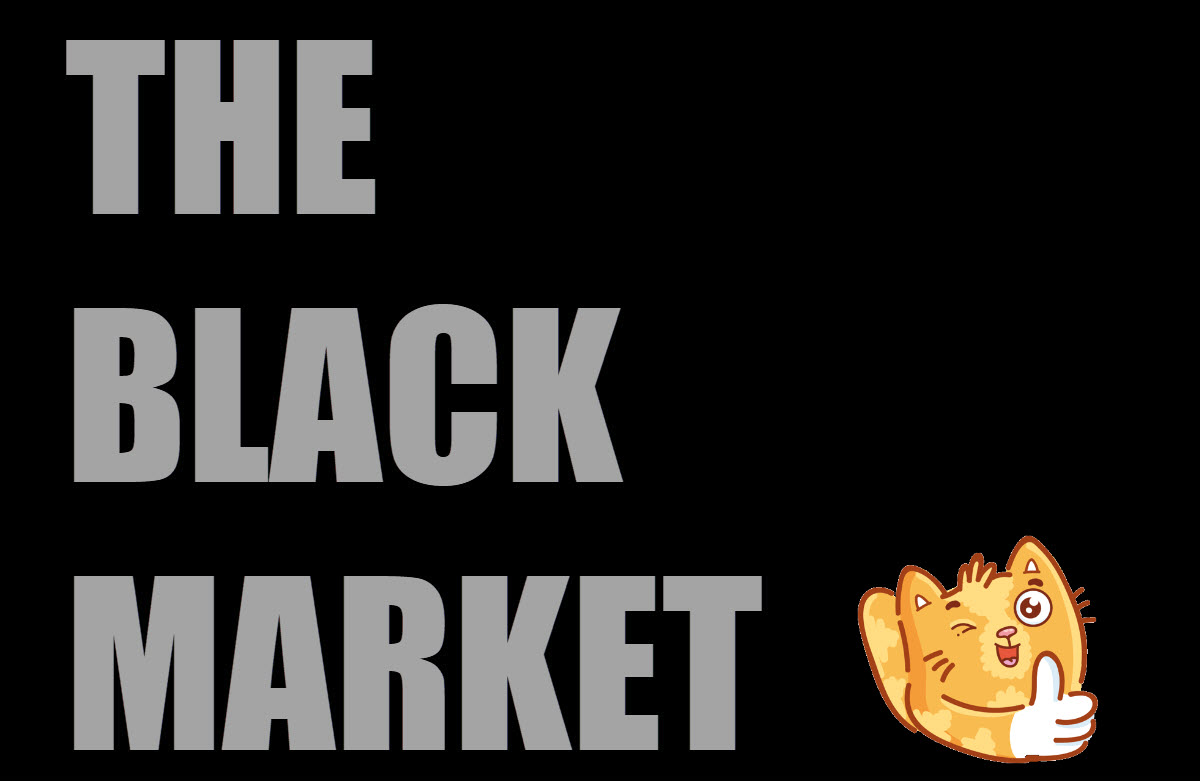
The black market is the term used when goods are made and sold illegally.
In a normal shop, shopkeepers have to pay tax on the products they sell and they have to have proper licences and conditions in place to sell those products. This all costs money, so the shopkeeper has to cover these costs by charging their customers higher prices.
On the black market, however, the seller doesn’t pay any tax and there is no one checking that their products are safe or legal. That’s why they can sell their products more cheaply.
Some of the products might have been smuggled into the country, they might be fake brands or they might be stolen. Because their products are illegal, black market traders try to stay hidden from the police.
STOCK EXCHANGE
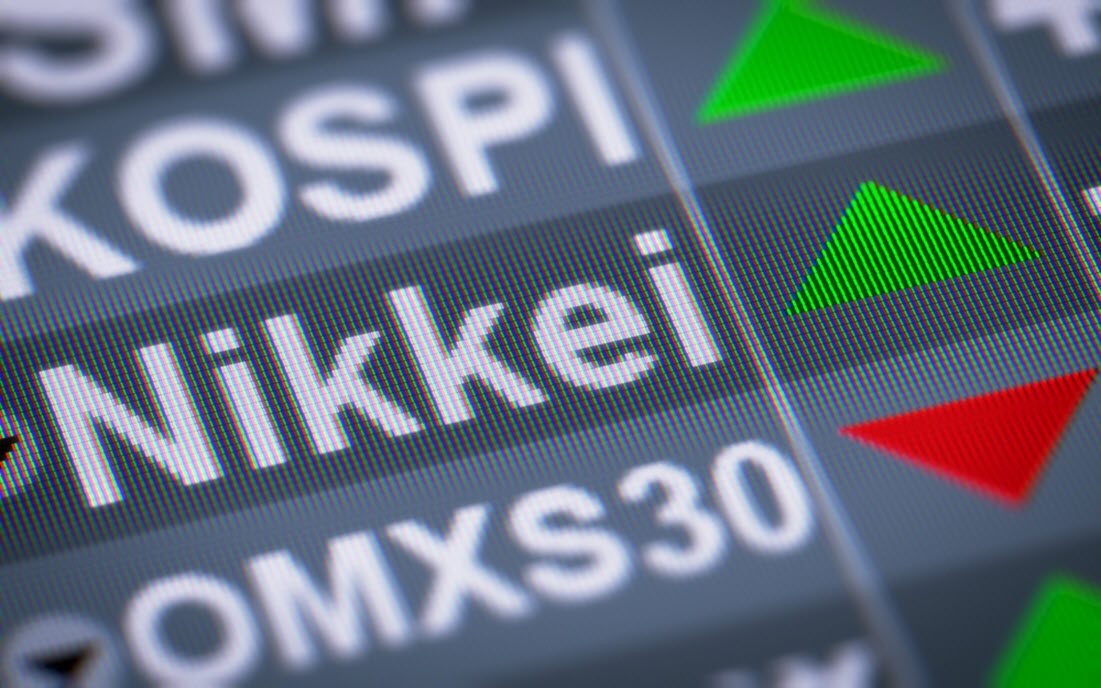
One way people try to make money is by investing it in successful companies. Investors do this by buying a small part of the
company – this is called buying ‘stock’. When you buy stock, you become a ‘shareholder’ and you get a small share of the company’s pro?ts each year. The goal is to buy the stock, hold it for a time while the company is growing its pro?ts, and then sell the stock for more than you paid for it. However, if your chosen company loses money or goes out of business, your stock can become worthless.
A stock exchange is a place that keeps track of all the stock that is being bought and sold. It is a very busy place, especially when the economy is doing really well – or really badly! A stock exchange
has many screens showing the value of companies as they rise and fall. It is also full of traders who are busy buying and selling stock on their customers’ behalf.
BITE-SIZE!
WAGES
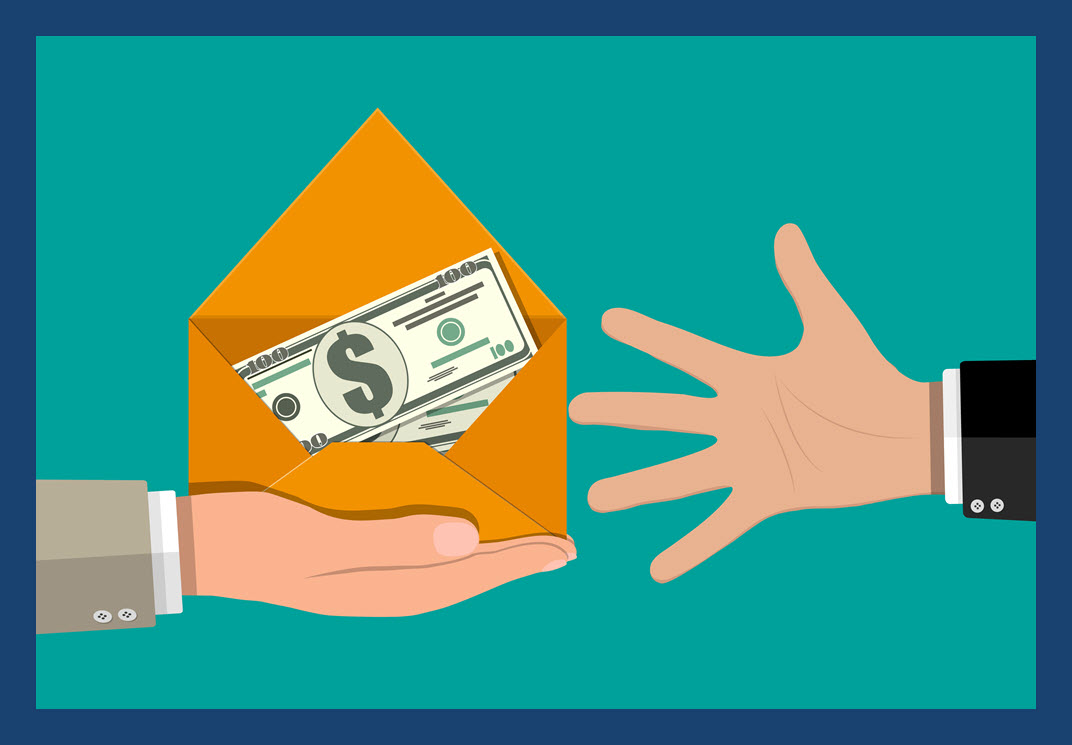
This term refers to the amount of money that one gets paid for completing work. It is usually calculated by the hour, and mostly only used as a term when someone is doing a short-term job. For example, a painter’s wage might be described as $25 per hour. When people work for large companies on a longer term or permanent basis, they get paid a salary. This is calculated by the year, instead of by the hour.
LIQUIDATION
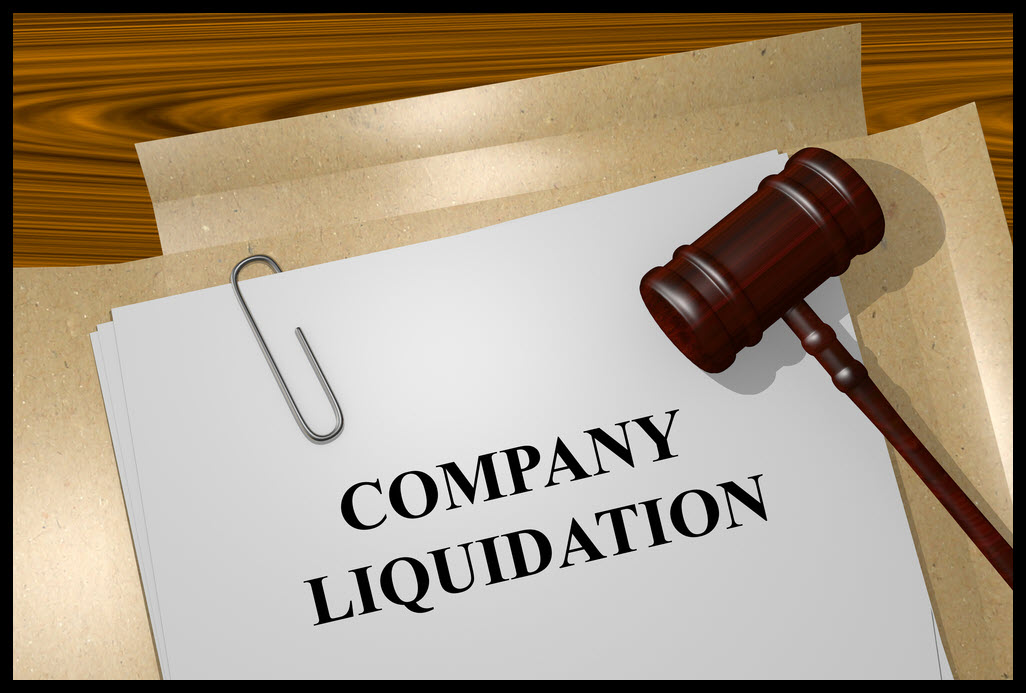
Liquidation is the process of bringing a business to an end and sharing out its money, stock and property to anyone who is owed money by the business. It usually happens when a business has to close suddenly because it can no longer pay its way. When a business goes into liquidation it owes more money than it owns. As a result, the liquidation process distributes the value of whatever money, stock or property the business owns in a fair way.
Not everyone is treated equally during the liquidation process, however. Usually the government, banks and and accountants are paid all of what they are owed first. Anything left over will be shared out amongst individuals who are owed money. Once the liquidation process is complete, the business ceases to exist.
IN A RECESSION
.jpg)
A recession happens when a country’s economy shrinks. The ‘Gross National Product’ of a country is the total value of goods produced and services provided by a country. It’s called GNP for short.
If the GNP of a country continues to fall over a six-month period, then the country is declared to be in recession.
During a recession many companies lose money, governments take in less tax, unemployment levels go up and poverty rises.
Most countries in the world went into recession in 2008 because of a global ?nancial crisis when huge banks and insurance companies went bust. It may be likely that the world will face another recession because of COVID-19.
Businesses have been shut, travel has been stopped and millions more people are unemployed. The question is how long will it take to get the world’s economies back to normal?
WHAT IS FINTECH?
FinTech is a term that means ?nancial technology. It has come about because of the ever-increasing use of technology in business – especially when it comes to sending and receiving payments. With so many people now shopping online, it is a vital part of the business world.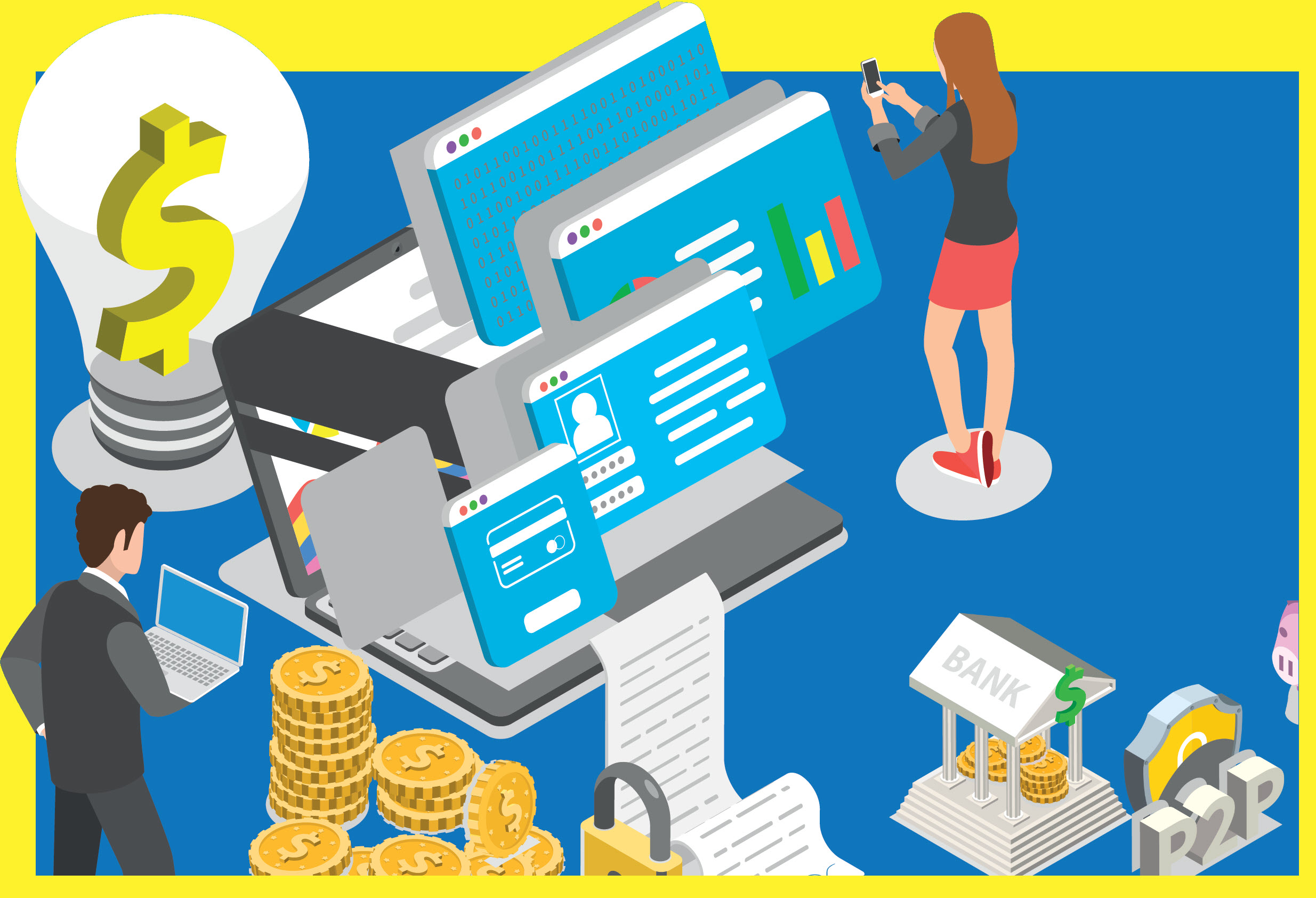
FinTech allows people to have more access to their own money and investments, and to be less reliant on banks and other financial institutions to make decisions for them.
FinTech is also responsible for banking becoming an online and mobile service, where actual buildings are no longer necessary for a bank to function. One example of FinTech is Paypal, an online platform that allows members to safely make and take payments from all over the world.
GOING PUBLIC
.jpg)
Most businesses start out as private companies. That means that they are owned by a small number of people, often members of the same family.
As companies grow bigger and more successful they can raise extra money by selling shares in the company to outsiders. This is called ‘going public’. The extra money raised by selling shares to the public helps the company grow.
But it also means that the original owners of the company can’t keep all the pro?ts for themselves. They have to divide up the pro?ts among the shareholders.